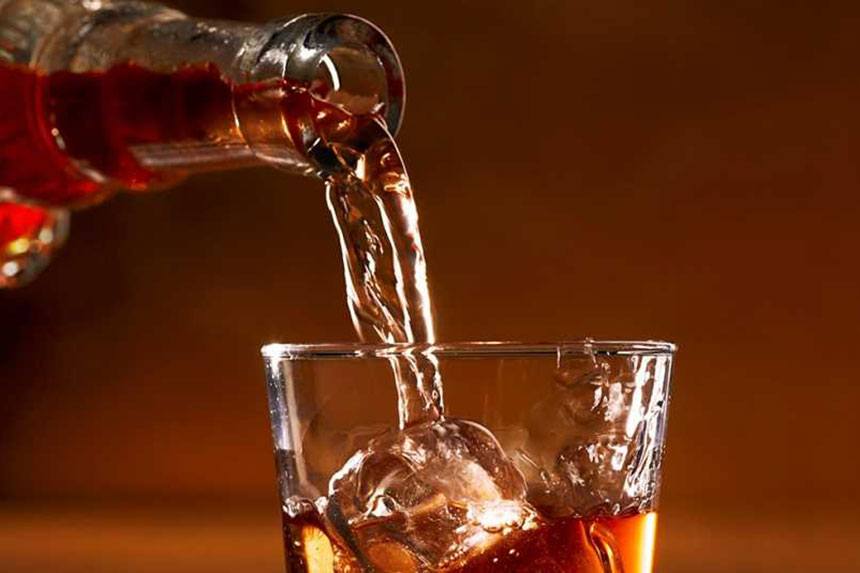MSG

Monosodium glutamate (MSG), a flavor enhancer commonly added to foods, has been implicated in migraine attacks for some individuals. Despite its safety as a food additive, MSG can lead to severe migraine episodes in 10 to 15 percent of people with the condition. This connection may be due to MSG’s impact on neurotransmitter levels or its ability to cause rapid changes in blood pressure or vessel dilation.
Recognizing the potential for MSG to trigger migraines encourages careful dietary choices, mainly when consuming processed or prepared foods. For those sensitive to MSG, avoiding foods that contain this additive can effectively manage migraine frequency and severity. [3]
Alcohol

Alcohol, especially red wine, is frequently reported as a migraine trigger, with over 35% of migraine sufferers in one study identifying it as a cause. The high percentage of individuals who find red wine problematic, over 77% among those who report alcohol as a trigger, suggests that specific components in wine, such as tannins or histamines, might play a role in initiating migraines. Alcohol’s diuretic effect can also lead to dehydration, a well-known headache and migraine trigger.
This relationship between alcohol and migraines indicates that moderation or complete avoidance might be necessary for those prone to alcohol-induced headaches. Understanding personal limits and the effects of different alcoholic beverages can help individuals manage their migraine risk more effectively. [4]





